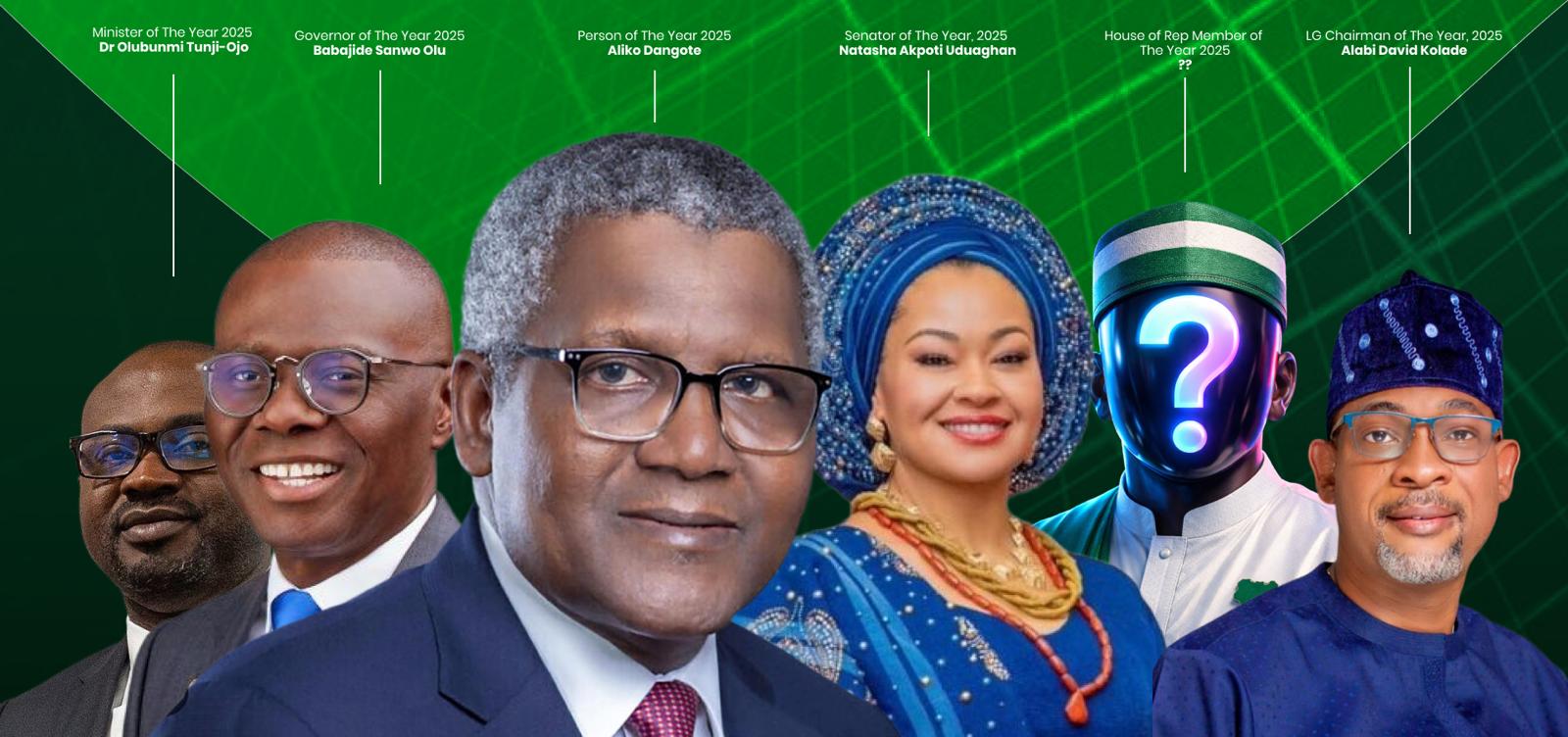Nigeria’s digital payments sector marked a major breakthrough when the first live transaction on the newly-launched Nigeria Inter‑Bank Settlement System (NIBSS) National Payment Stack (NPS) was successfully completed a development that could accelerate fintech innovation, financial inclusion, and digital commerce across the nation.
On Friday 7 November 2025, at precisely 11:56 a.m., a live transaction between fintech firm PalmPay and Wema Bank was executed and settled in milliseconds via the NPS, demonstrating the robustness and scalability of the system. According to a statement from NIBSS, this milestone represents the dawn of “seamless, secure and inclusive financial transactions” in Nigeria. Von News+1
The National Payment Stack, developed under the oversight of the Central Bank of Nigeria (CBN) and built on the international ISO 20022 financial messaging standard, is designed to unify banks, fintechs, payment service providers and digital platforms into a single interoperable infrastructure. Its features include instant high-volume payment processing, multi-layer authentication, cross-border readiness, and embedded digital-finance capabilities.
For businesses, this represents a transformative shift. With Nigeria’s population exceeding 200 million and rapidly rising digital-native consumers, lower transaction costs, faster settlements, and interoperable platforms can drive e-commerce growth, support small and medium enterprises (SMEs), and expand financial inclusion. Analysts view this as a key enabler for Nigeria’s broader digital economy ambitions.
However, while the technological achievement is significant, the full benefits depend on rollout, adoption, regulation and ecosystem alignment. Challenges remain: ensuring rural connectivity, onboarding all banks and fintechs, building trust in the system, regulating data security and preventing cyber-fraud. The cost of doing business in many parts of Nigeria remains high due to infrastructure deficits, and the fintech ecosystem must adapt quickly to leverage the new platform.
Moreover, integration into the broader digital-service ecosystem (wallets, QR payments, merchant-link platforms) will determine how users and merchants benefit. For SMEs that have historically faced high processing fees, fragmented platforms and delayed settlements, the NPS offers potential relief but only if cost savings are passed on and adoption is widespread.
In the regional context, Nigeria may now be tipping ahead in Africa’s payments race. While many African countries have advanced mobile-money systems, fewer have unified national payment infrastructures built on global standards. The NPS could thus position Nigeria as a regional payments hub, facilitating intra-African commerce, cross-border remittances and fintech exports.
For policymakers and regulators, this milestone offers both opportunity and responsibility. The platform can serve as the backbone for financial-inclusion targets, digital-economy growth and improved transaction transparency. The CBN and NIBSS will need to ensure clear regulations, data-protection frameworks, competition safeguards and accessible access for smaller institutions. The risk: if only a few large players dominate, the promise of inclusion may be compromised.
What it means for key stakeholders:
For Fintechs and Banks: The NPS is a platform-level upgrade; those that move early, integrate smoothly, and offer innovative services will gain competitive advantage.
For SMEs and Merchants: Faster payment settlement and lower cost could boost cash-flow, reduce payment friction and expand customer reach. But success depends on merchant onboarding, user trust and seamless UX.
For Consumers: Instant, secure, low-cost payments may become the norm rather than the exception increasing convenience, enabling mobile commerce and reducing liquidity-drag.
For the Economy: With improved payments infrastructure, Nigeria may see faster circulation of funds, increased digital transaction volumes, improved tax bases and deeper fintech ecosystems all contributing to productivity growth.
The successful launch of Nigeria’s National Payment Stack is a milestone in the country’s journey toward a digital economy. It signifies not just a technical upgrade, but a potential shift in how Nigerians pay, trade and transact. The infrastructure is now in place. The real test lies in adoption, competition, cost-savings and inclusive rollout. If these align, the NPS could become a foundational pillar of Nigeria’s economic and fintech future.

